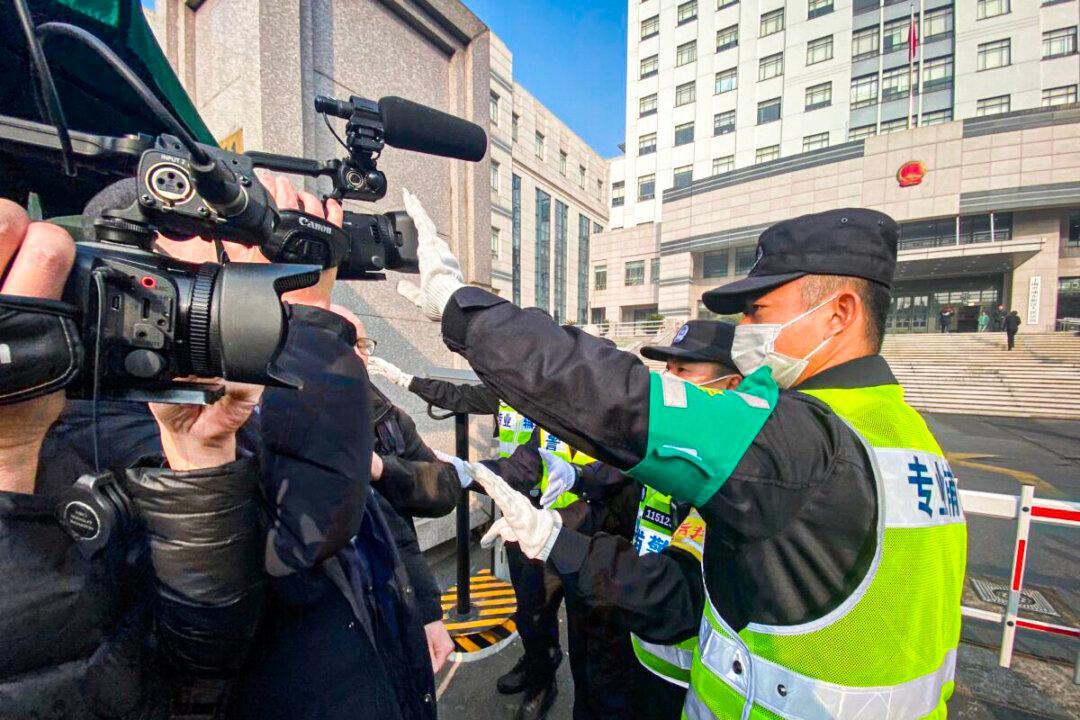The Chinese regime and the United States have agreed to ease visa restrictions for reporters from their respective countries, a spokesperson for the U.S. State Department announced on Nov. 16.
The agreement was reached after the State Department “pressed” Beijing for months on bilateral issues that had been “longstanding roadblocks” and “longstanding concerns” for the United States, such as media access and visa issues, the spokesperson told The Epoch Times in a statement.



